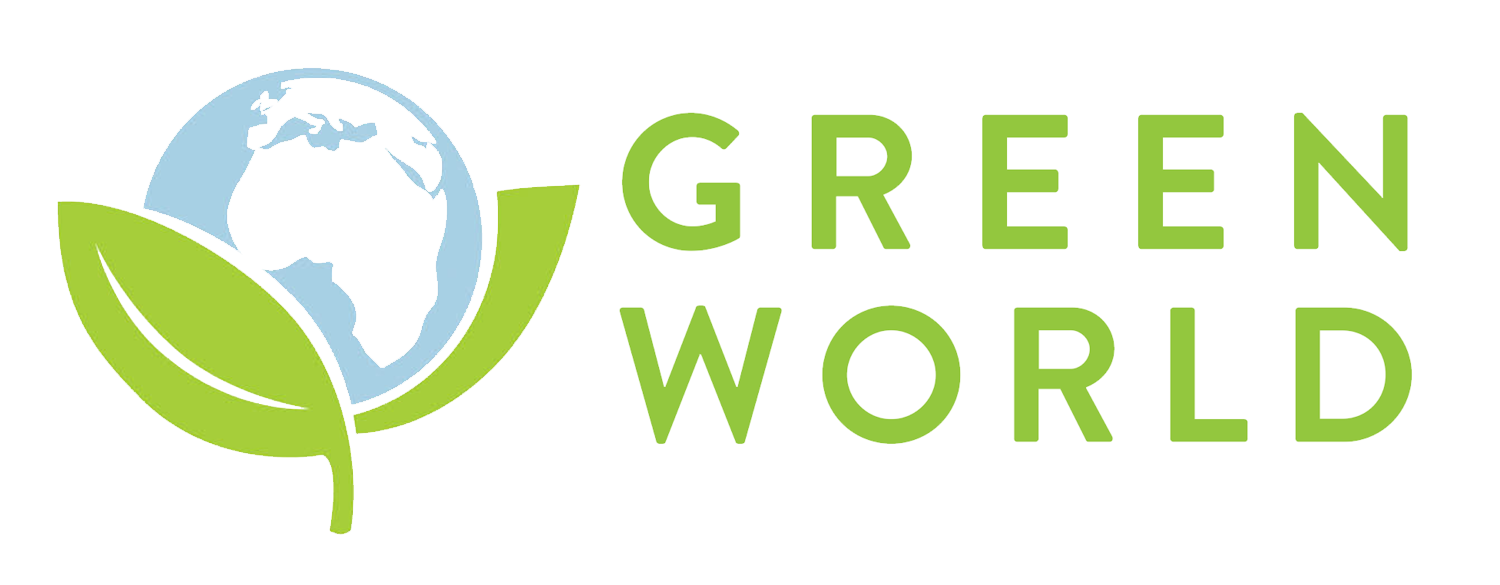Farmers Strike Green Oil in Rural Kenya
We recently spoke with Kunyeta Beja, a 36 year-old mother of 10 from Miyani, Kenya, who, like many subsistence farmers in rural Kenya, leads a precarious existence. Her husband sells peanuts in Mombasa Town, a 2 hour journey, so she's often left to care for the farm and children alone. She never completed secondary school, so she struggles to ensure her family survives and thrives with minimal income from the farm products she sells and her basic training a community health worker. Her central concern is the wellbeing her children. “I didn’t think they were getting good nutrition, enough good food to eat. And I am worried about paying for their school fees.”
Now, thanks to the joint work of Green World Campaign (GWC) and its partner, the Kenya Red Cross, her situation is beginning to change for the better, in part due to GWC’s introduction of the drought-tolerant moringa tree. The moringa tree's leaves—which can be cooked and eaten like spinach—are 30 percent high quality protein with an extraordinary complement of vitamins and minerals. These properties have led many aid organizations and governments to use moringa leaf powder to combat malnutrition. Moringa seeds can be pressed into an oil not only great for cooking, but highly prized for its ability to nourish skin and hair.
The recent introduction of a seed-oil press by Green World Campaign is magnifying the benefits of moringa beyond nutrition and environmental restoration by providing an alternative to expensive purchased oil. Kunyeta is one of 6 women who have used oil from the new press, which has the potential to meet virtually all their oil usage needs including cooking; baby oil; body oil for messaging tired muscles following hard farm labor, protecting skin from the sun and heat, and as a beauty product. Women across Kenya often cover themselves from head to toe each day with oil, and the women have noted superior results from moringa's extraordinary nutrient profile and deep penetrating ability. As Kunyeta explains, “It’s good to cook with. It’s good for the stomach. It’s good for babies before you put on the diaper. When you are tired after working, it makes you feel better, stronger, and ready for more work.” The oil, with its rich antioxidants, is also remarkably stable—it typically has a 5-year shelf-life.
Kunyeta says, “Other farmers in the area want the moringa trees now. They are hearing about not just the nutritious leaves, but the oil also. They want to look beautiful," she smiles, "like us!” Beyond beauty, there are significant financial benefits. Families typically spend 50 cents a day on cooking oil, plus an additional dollar on body oil weekly, important in this hot, dry climate. ; Given that most people in this region of Kenya earn less than $15 a month, cooking oil alone consumes around half the income of a two-earner household! Says Kunyeta, "I don’t always have enough money for school fees. I depend on luck to make sure my children go to school.” Immediate savings on oil expenses and future profits from sales can ease the burden of these and other expenses for mothers like Kunyeta, whose youngest child, 10-month old Nyambura, was strapped to her back as we spoke and attested to the many years of school fees remaining for Kunyeta to pay.
Here is where, along with nutrition, GWC's moringa initiative could be game-changing: using moringa seed oil produced through the press, rather than purchasing oil, significantly eases the strained family budgets of Kunyeta and other women in the community; Further, the infectious excitement of Kunyeta and the other members of the coop is already generating more local demand for Moringa oil and the farmers’ cooperative is anticipating selling the oil locally once production takes off fully. We recently watched as the chair of the cooperative expounded on the benefits of moringa oil to a group of curious bystanders, an effective sales pitch for future orders.
Given Green World Campaign already works with an additional 7 such farmers groups, the benefits of oil production could be easily be scaled up throughout the area. Families in more communities would then be able to access the benefits from moringa oil use, savings, and income. Further, GWC's alliance with the Kenya Red Cross will enable the scaling and replication of similar programs at dozens and eventually hundreds of sites across Kenya.
For now, as the number of people capable of operating the simple hand-press increases, and the season for moringa seed production approaches, the infectious excitement of Kunyeta and the other members of the coop is already generating more local demand for Moringa oil. We look forward to seeing growing savings and income from the seed press!

